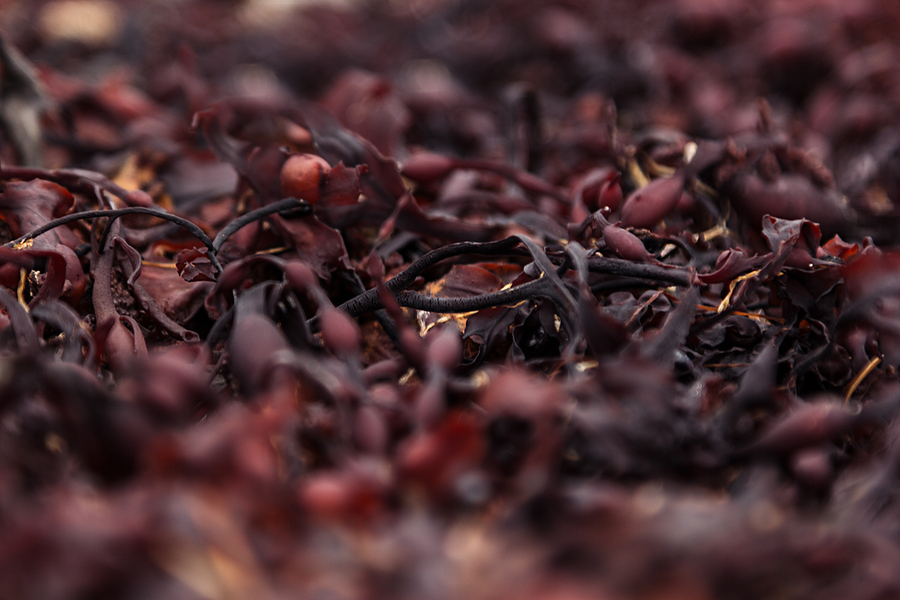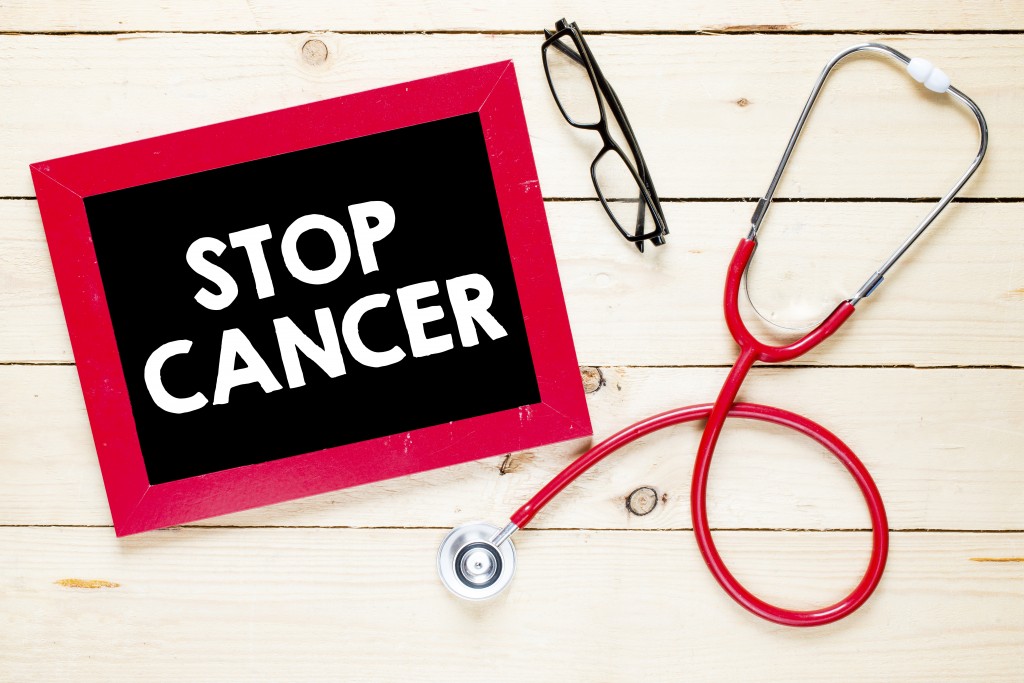- Make It Yourself Lavender Heart-Shaped Bath Bombs!
- 20 Things You Never Knew About “Down There”
- 12 Best Foods For Those Suffering From Arthritis Pain
- 12 Personal Hygiene Mistakes Almost Everyone Makes (Mom Never Told You About #4!)
- 15 Medicinal Plants And Herbs From The Cherokee People
- 12 Mind-Blowing Benefits Of Drinking Coconut Water During Pregnancy
- 12 Outstanding Winter Foods That Won’t Fatten You Up Like A Christmas Turkey
Red Seaweed’s Power To Fight Cancer & More

Photo credit: bigstockphoto.com
Many people in the Western world might find the idea of eating seaweed to be somewhat off-putting. In many people’s minds, seaweed is that slimy, icky stuff that washes up on the beach. Why, they might ask, would you ever put that in your mouth?
Well, the truth is that people in East Asia have been doing just that for thousands of years, and gaining enormous health benefits as a result. One powerful varieties of seaweed is called nori in Japan, where it’s a common item on the dinner table. It turns out that nori, otherwise known as red seaweed, has shown itself to be not just healthy in general like most vegetables, but actually able to help protect against serious dangers like cancer and more.
In some cases, it’s even more powerful than conventional treatments.
The Magic of Red Seaweed
Eating more of this aquatic plant is a fantastic way to get more iodine. This element is a vital nutrient for maintaining a healthy thyroid, a gland that plays a critical role in maintaining the endocrine system. Millions of people are deficient in iodine and if you’re getting too little (or too much), your whole body can go haywire.
A lot of seafood is rich in iodine, and seaweed is a particularly potent source, especially for people who don’t like to eat fish.
Nori is also rich in antioxidant compounds that help fight inflammation and oxidative stress, which contributes to the aging process and many forms of illness. Ever wonder why people in Japan live so long? This is part of the reason why! If that wasn’t enough, red seaweed is also a plentiful source of B vitamins, potassium, sodium and other minerals, as well as vitamins A and C.
While all forms of edible seaweed are highly beneficial, red seaweed stands out in several notable ways.
Continue to Page 2

Photo credit: bigstock.com
Red Seaweed and Breast Cancer
A study from Malaysia shows that red seaweed can be effective against the growth of breast cancer cells. A study performed on rats with active breast cancer development found that treatment with red seaweed extract was quite effective at inducing cell death (apoptosis) in cancerous tumors. According to the study, the treatment lowered cancer cell viability from 84.9 percent to only 0.8 percent.
Another study from Malaysia found that a treatment based on red seaweed extract given over a period of four weeks was 27 percent more effective at reducing breast cancer tumor growth than Tamoxifen, a conventional treatment.
Tamoxifen is also known to have very serious and unpleasant side effects, including the development of lesions in the kidneys and liver. The red seaweed-based treatment, however, showed none of these effects.
Now, let’s not get too carried away. This was a study on rats, after all, not humans. But a different study published in the British Journal of Nutrition found that seaweed consumption was linked to a decreased risk for developing breast cancer in both menopausal women and those who had yet to begin menopause.
Taken as a whole, these results are very encouraging and offer great promise for an effective, red seaweed-based breast cancer treatment one day.
But Wait, There’s More
Red seaweed is also an exceptionally good source of protein. According to a report from Natural News, 100 grams of dried nori can offer up to 50 grams of protein! To put that in perspective, the same amount of beef has only around 25 grams. This is great news for vegetarians and vegans, who may find it difficult to get the protein they need.
There is also evidence that nori can help lower the body’s levels of harmful LDL (low-density lipoprotein) cholesterol. High LDL levels are related to an increased risk of heart attack, stroke and other forms of cardiovascular disease.
READ ALSO: Seaweed: An Ocean Superfood For Better Health Video
Take care when purchasing red seaweed or seaweed extract, and make sure you’re buying from a reputable brand, as there’s some concern that some seaweed products have been contaminated in the wake of the Fukushima disaster in Japan. Nevertheless, red seaweed has proven itself to be a true superfood over the centuries, and it will make a fine addition to any health-conscious person’s diet.
References:
































